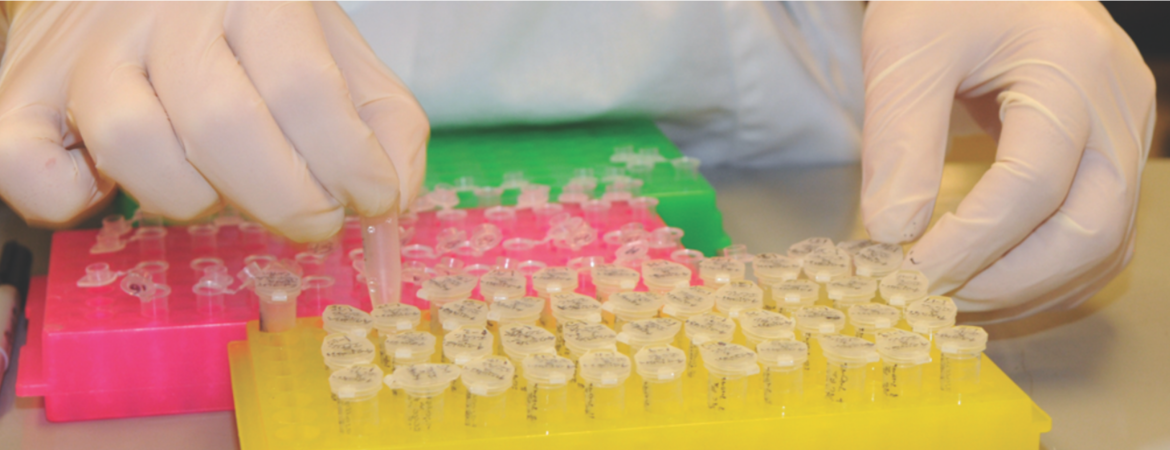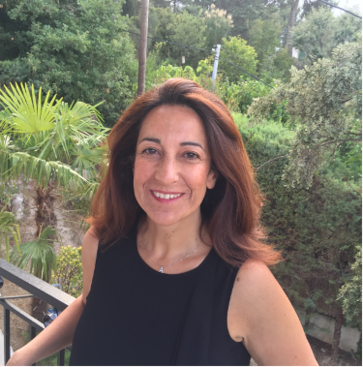
CNAS celebrates Women's History Month with women making history in the sciences. Over the month of March, learn more about women scientists in the College of Natural & Agricultural Sciences at UC Riverside who are making history today.
Name: Karine Le Roch
Title: Professor of Molecular, Cell and Systems Biology
UCR Profile
Please share with us a brief description of your research.
I have more than 20 years’ experience in drug discovery, cell cycle and functional genomics in eukaryotic organisms with a particular interest in Plasmodium, the protozoan parasite that cause malaria in human. For the past 15 years at UCR, I have developed new high throughput functional assays to identify chromatin and molecular features driving the parasite gene expression profiles. My research aims to open up novel avenues towards therapeutic strategies against deadly parasites. My expertise in drug discovery and molecular biology techniques as well as my in-depth experience acquiring, handling and analyzing large genome wide datasets from a wide array of samples and techniques have been demonstrated with over 100 peer-reviewed publications, 14 book chapters and one US patent. Since 2016, I am also the Director of the UCR Center for Infectious Disease and Vector Research – a center that consists of 35 faculty that incorporates genomics and systems-based methods to find new approaches to control the spread of infectious diseases in general and diseases vectored by arthropods in particular.
How do you hope your research will impact our local, national, and/or global communities?
We aim to better understand the biology of Apicomplexan parasites such as the human malaria parasites that still kill over 400,000 people every year. We hope that our work will lead to the identification of novel therapeutic strategies against these deadly infectious diseases.
What inspires you?
There is so many things and issues that we still fail to understand as human being. While it may take decades or even centuries to understand who we are and how things really work, with science, we get closer to the truth every day. Science is challenging, even more as a woman, but once you discover something new, it is so invigorating, it appeases your craving for knowledge and satisfies your curiosity. As my work aims at discovering new therapeutic strategies for infectious diseases that affect mostly children in the developing world, it is even more gratifying as I have the feeling that I am not only contributing to increase our knowledge in science, but I am also contributing to the generation of a safer and more equitable world.
Who are the instrumental women in your life and why?
Like many women in science, I have always been amazed by the life and work of Marie Curie. She remains the only scientist to win Noble Prizes in two scientific fields. Her work has been remarkable as she managed to isolate two new elements, polonium and radium and discovered spontaneous radiation. Results of her work opened the field of atomic physics including the development of critical medical instruments such as x-rays and radiotherapy for the treatment of cancers.
The other instrumental women in my life are coming directly from members of my family. Both of my grandmothers as well as my mothers were strong women that taught me to become a persistent and independent woman. I refuse to take a no for an answer! Quite an asset in a world where scientists have to face rejections of grants or publications of their work on a weekly basis. In such world persistence is key to success!
